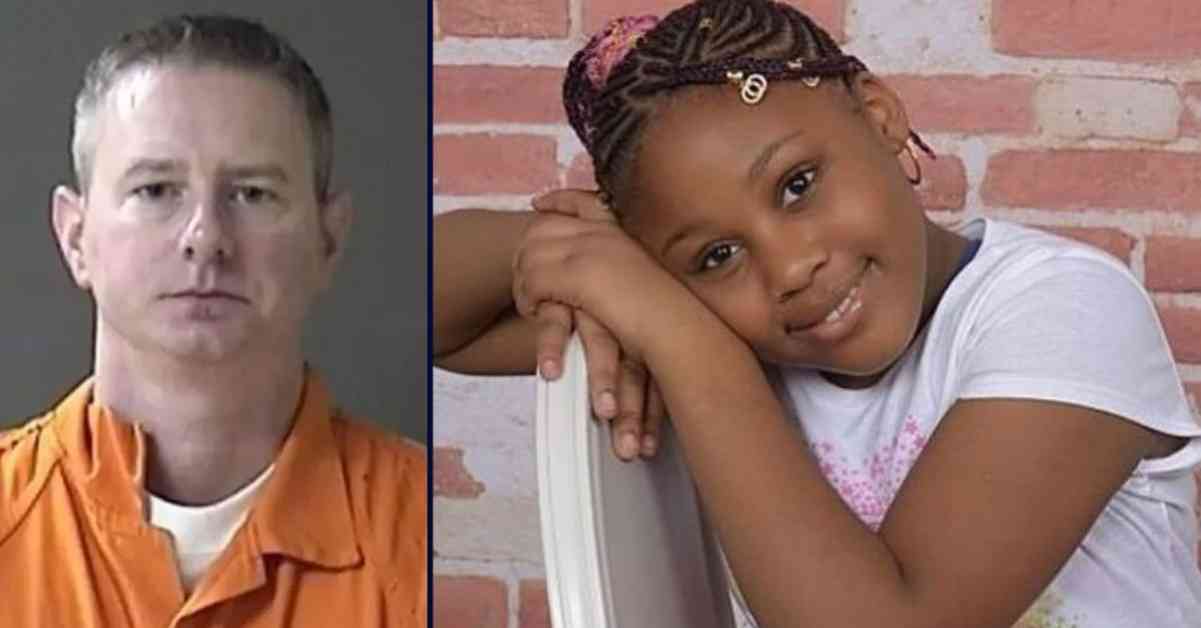The tragic collision that led to the death of 11-year-old Monica Goods during a high-speed chase in December 2020 has taken a new turn. Former New York state trooper Christopher Baldner is now facing a reinstated murder charge for his role in the incident. This decision overturns a previous ruling by a trial judge who had dismissed the murder charge due to insufficient evidence of Baldner’s “depraved indifference to human life.”
The appeals court found that there was enough evidence to proceed with the murder charge against Baldner. The incident unfolded when Baldner pulled over the Goods family’s SUV for speeding on the New York State Thruway in Ulster County. A confrontation ensued, leading Baldner to pepper-spray inside the vehicle. When the father attempted to drive away, Baldner engaged in a high-speed chase, ultimately causing the SUV to flip over, resulting in Monica Goods’ tragic death.
Despite Baldner’s retirement in 2022, he still faces manslaughter and other charges in connection to the incident. The Attorney General Letitia James, who has been leading the case, welcomed the reinstatement of the murder charge. She emphasized the importance of seeking justice for the Goods family and holding Baldner accountable for his actions.
While this decision brings hope to the Goods family, Baldner’s union has expressed concerns about the implications on law enforcement officers’ ability to carry out their duties. The union, which is funding Baldner’s legal defense, plans to appeal the ruling to the state’s highest court.
Justice John Egan Jr., the dissenting judge, acknowledged Baldner’s reckless actions but argued that he intended to stop the chase and protect the public. Baldner has maintained that it was Goods’ father who rammed his patrol car, not the other way around. Currently out on $100,000 bail, Baldner awaits a trial date as the case moves forward, shedding light on police conduct during high-speed chases and seeking closure for the Goods family.


